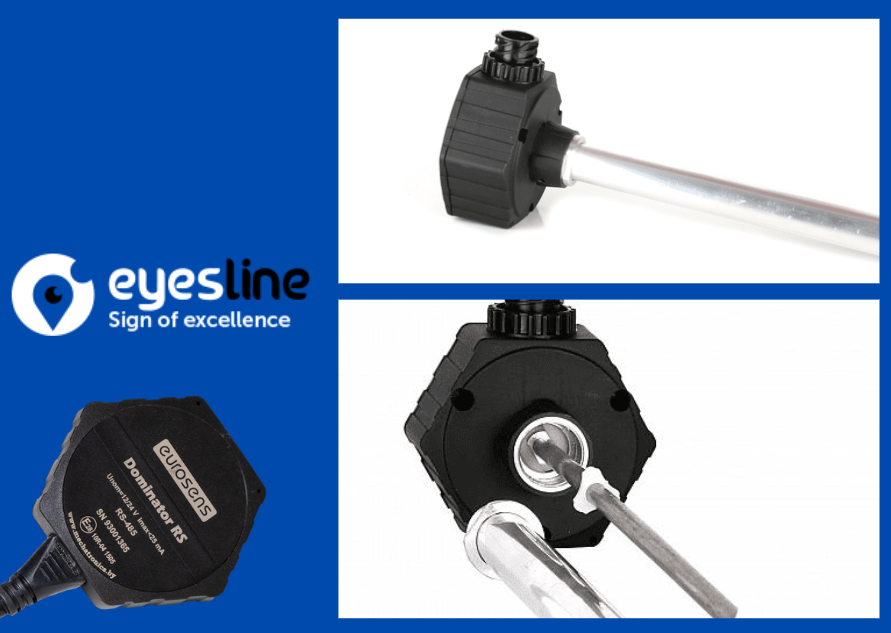In today’s fast-paced and competitive business environment, optimizing fleet performance and reducing operational costs are critical for success. One way to achieve these goals is by integrating advanced technologies such as GPS trackers and add-on sensors like fuel level sensors, temperature sensors, RFID, and other similar devices. While it is true that technology itself is not magic, it serves as a powerful tool that can significantly enhance visualization and observation through data records, reports, and live status availability. However, the real benefits are realized when this data is effectively utilized in daily operations.
The Role of GPS Trackers and Add-On Sensors
1. GPS Trackers: GPS trackers provide real-time location data of each vehicle in the fleet. This information can be used to optimize routes, reduce idle times, and ensure timely deliveries. Additionally, GPS data helps in monitoring driver behavior, reducing unauthorized use of vehicles, and improving overall fleet safety.
![]()
2. Fuel Level Sensors: Fuel level sensors monitor the amount of fuel in each vehicle’s tank. This data helps in detecting fuel theft, optimizing fuel consumption, and planning refueling schedules efficiently. By understanding fuel usage patterns, companies can implement strategies to reduce fuel costs.

3. Temperature Sensors: For fleets that transport temperature-sensitive goods, temperature sensors are crucial. They ensure that goods are kept within the required temperature range, preventing spoilage and maintaining quality. Real-time alerts can be set up to notify managers of any deviations from the set temperature range.
4. RFID Technology: RFID technology helps in asset tracking and management. It enables efficient inventory control, reduces manual errors, and enhances the security of goods. RFID tags can be used to track the movement of goods and ensure they are handled properly throughout the supply chain.
![]()
5. Other Add-On Sensors: Additional sensors can be integrated to monitor various parameters such as tire pressure, engine diagnostics, and vehicle load. These sensors provide valuable data that can be used to perform preventive maintenance, reduce breakdowns, and extend the lifespan of vehicles.
The Importance of Data Utilization
While these technologies offer significant potential benefits, their true value is unlocked only when the data they generate is effectively utilized. It’s essential to understand how to leverage this data in daily operations to maximize the benefits. Here are some key steps to achieve this:
1. Appoint a Dedicated Person: Assign a dedicated person or team responsible for monitoring and analyzing the data generated by GPS trackers and sensors. This person should have the skills to interpret the data and provide actionable insights.
2. Daily Monitoring: Ensure that the data is monitored on a daily basis. Regular monitoring allows for timely identification of issues and quick corrective actions. For instance, if a temperature sensor indicates a deviation, immediate action can prevent spoilage of goods.
3. Data Analysis and Reporting: Analyze the data to identify trends and patterns. Generate reports that provide insights into fleet performance, fuel consumption, and maintenance needs. Use these reports to make informed decisions and implement strategies for improvement.
4. Integrate Data into Operations: Incorporate the insights gained from data analysis into daily operations. For example, use GPS data to optimize routes and reduce travel time. Implement fuel-saving measures based on fuel consumption reports. Schedule preventive maintenance based on engine diagnostics data.
5. Continuous Improvement: Regularly review and refine the processes based on the insights gained from the data. Encourage a culture of continuous improvement where the use of technology and data is integral to operations.
Conclusion
Technology, when used effectively, can transform fleet management by enhancing visibility, optimizing performance, and reducing costs. However, it is crucial to understand that technology is not a magic solution but a tool that requires proper utilization. By appointing dedicated personnel to monitor and analyze data, and by integrating this data into daily operations, businesses can realize the full potential of GPS trackers, fuel level sensors, temperature sensors, RFID, and other add-on sensors. Just like a CCTV camera is only useful if monitored regularly, these technologies can significantly improve fleet performance when used correctly and consistently.
By embracing a proactive approach to data utilization, companies can stay ahead of the competition, ensure efficient operations, and ultimately drive business success.



Post a comment